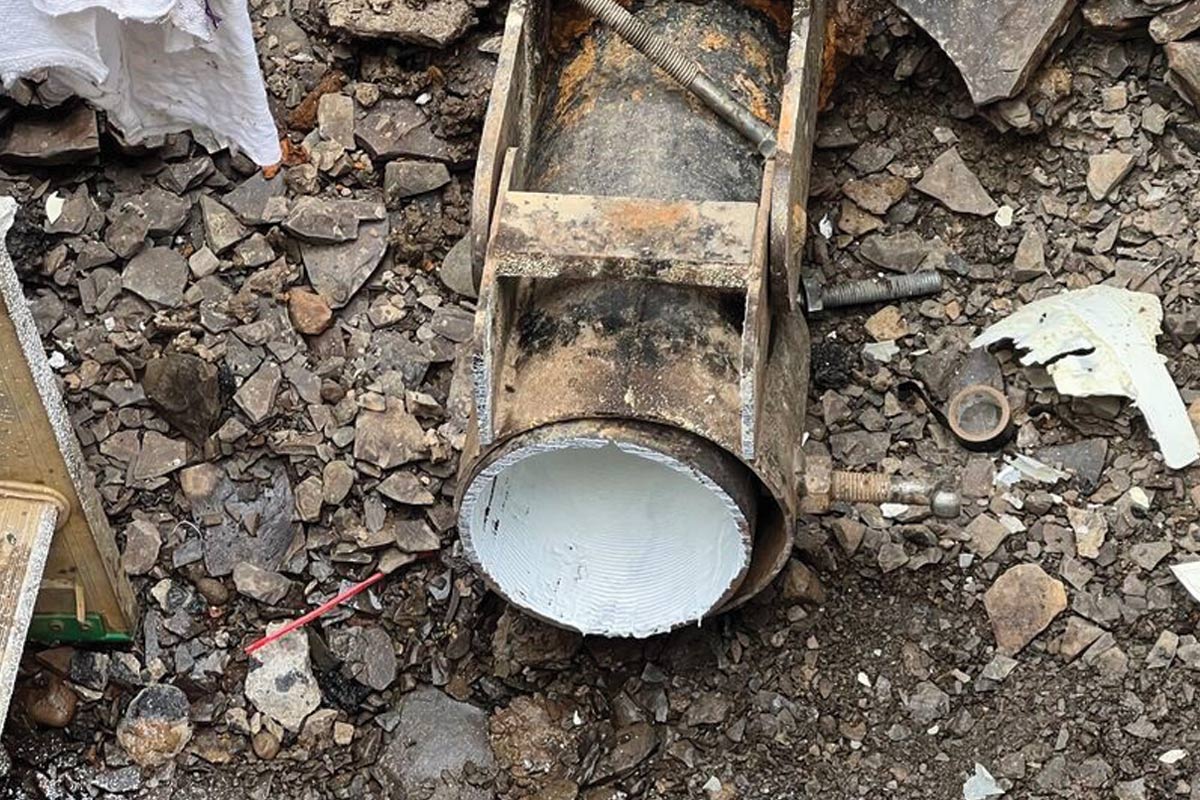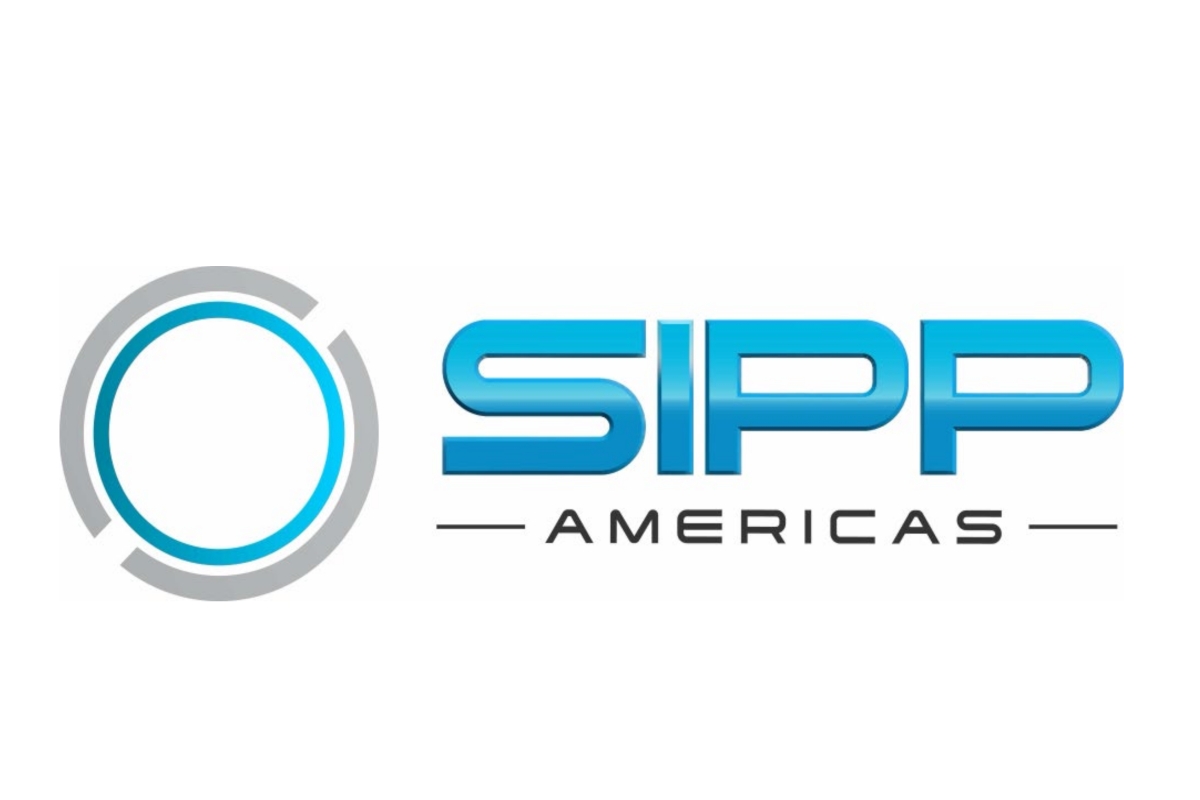
Testing a Geopolymer Solution: Michels Canada Tackles Pilot Rehab Project for Region of York
Michels Canada undertook a rehabilitation project for the Regional Municipality of York in the form of a pilot study to determine if a spray-on geopolymer, produced by Milliken Infrastructure Solution LLC, was a suitable permanent structural tunnel lining for the total rehabilitation of the pipe.
The study took place from November 2016 to May 2017 in Markham, Ontario, where the team rehabilitated approximately 30 m, but extended to 74 m, of a 2,692 mm diameter sewer pipe.
The pipe was constructed in 2002 or 2003, with original steel rib and wood lagging internal support, and the final lining was made of unreinforced cast-in-place concrete. An extensive dewatering program was implemented during construction of the pipe to lower the groundwater level to below the tunnel invert. At the end of construction, there were no groundwater leaks identified inside the sewer.
RELATED: Microtunnelling Under the Mary Hill Bypass
Beginning in 2006, though, the results of CCTV inspections throughout the years showed evidence of defects and deterioration, including groundwater infiltration of varying flow rates located primarily at or close to construction joints or radial cracks, and localized longitudinal cracking.
The preliminary design for rehabilitation recommended sliplining and annular grouting using two new 6-m construction access shafts up to 50 m deep. The purpose of the rehabilitation project was to minimize disruption, reduce construction risks, reduce capital cost and minimize impact on the hydraulic capacity of the sewer. After a peer review and value engineering evaluation of the design conducted by Aldea Services, a pilot study was developed to demonstrate the suitability of trenchless technology rehabilitation as the recommended method, specifically a sprayed geopolymer lining and installation procedure as an option for a system-wide sewer rehabilitation.
The team excavated and removed maintenance hole lids to access the pipe, which was 40 m below ground level. Then a 2,641 mm aluminum inline plug and several 203 mm and 101 mm pumps were installed as an active bypass system. An internal bypass below the application sled allowed the crew to spray the majority of the pipe uninterrupted by water.
All materials and personnel were lowered down a 45 vertical meter access shaft, including the bypass plug for the pipe. Each night, equipment was raised to the crown of the pipe to minimize setup each day and the pipe was pressure washed after being taken out of service each night prior to spraying the geopolymer mortar.
Geopolymer was applied to the inter-circumference of the shafts of three manholes along the pipe. The challenges associated with the vertical application of the geopolymer mortar to the shafts were ensuring that at least the minimum design thickness of the geopolymer was achieved and the smoothness criterion was met. Special attention was paid to the locations where shafts intersected the underlying sewer tunnel during the full rehabilitation.
RELATED: Vista, California Turns to High Strength Fiber-Reinforced Polymer Concrete to Rehab Culvert
One of the key elements during the rehabilitation was identifying and repairing localized areas of water infiltration taking place throughout the existing concrete pipe. The project team revised the grouting process to produce results that were more economical yet still met the required results of the study by using injection grouting to stop all infiltration before spraying on at least 4 inches of the liner material.
An important lesson learned upon the completion of the project was that it is essential that all infiltration is stopped and the geopolymer is applied in an environment with no flowing water to obtain a successful permanent tunnel lining rehabilitation with adequate long-term performance. While the geopolymer’s high-bond strength allows the material to bond strongly to the host pipe, a significant loss of bond strength can occur if foreign materials are present during the application.
Based on the results of the pilot study, the Regional Municipality of York proceeded with the full rehabilitation using sprayed geopolymer as a permanent structural tunnel lining. Michels Canada was awarded the contract for the first 1,500 m of full pipeline rehabilitation. Work is under way.
Joe Royer, PhD. is development manager at Milliken Infrastructure Solutions.





